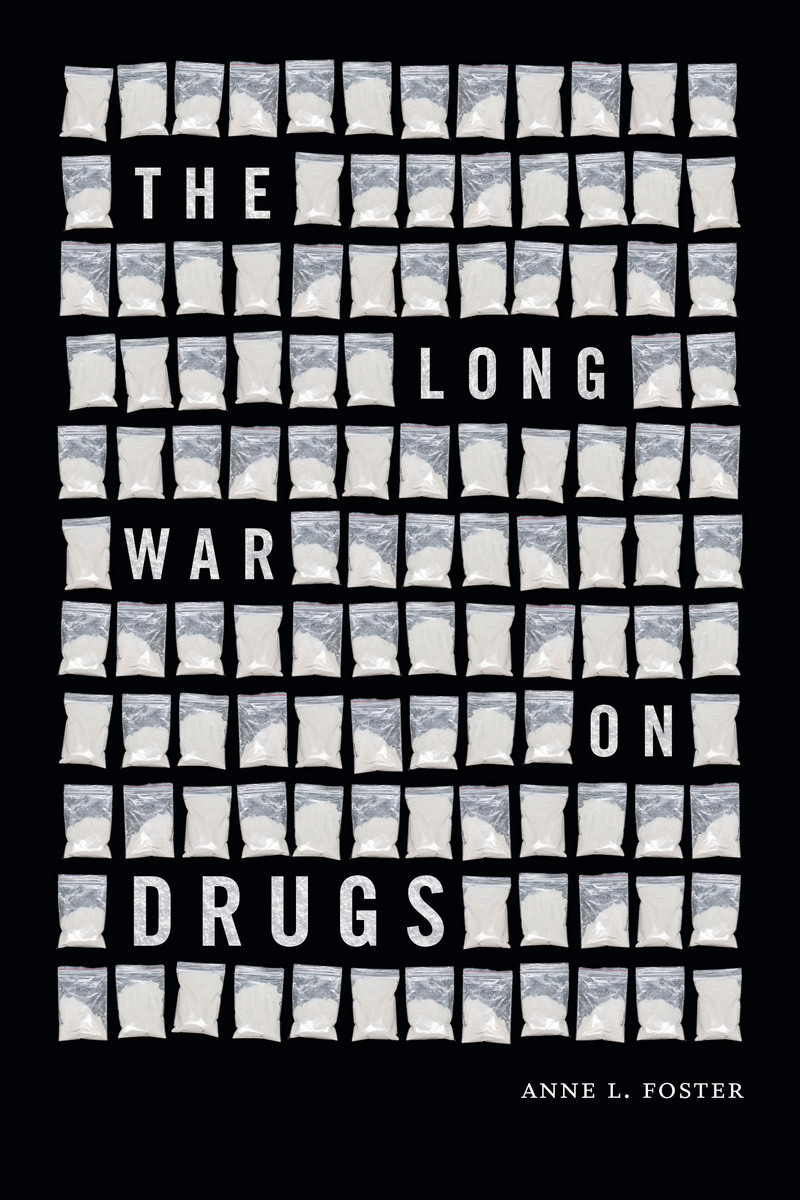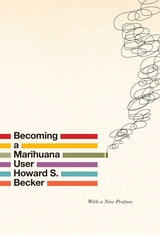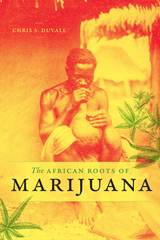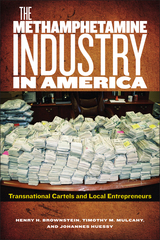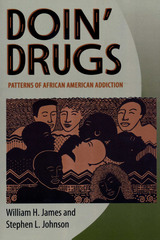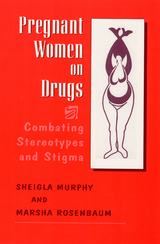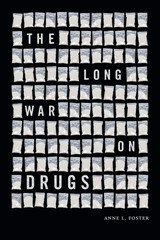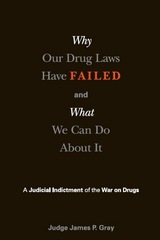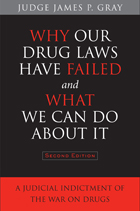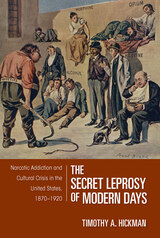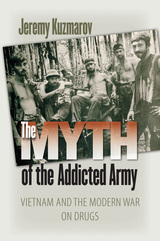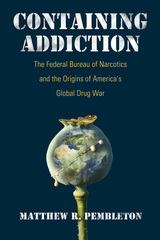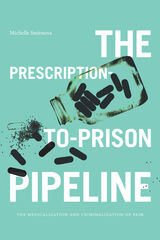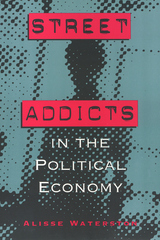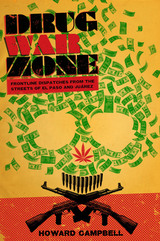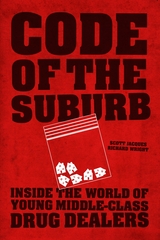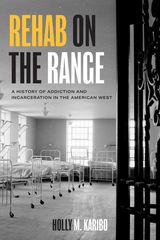The Long War on Drugs
Duke University Press, 2023
Paper: 978-1-4780-2542-9 | eISBN: 978-1-4780-2755-3 | Cloth: 978-1-4780-2064-6
Library of Congress Classification HV5825.F678 2023
See other books on: 21st Century | Drug abuse | Drug control | Drugs | Prevention
See other titles from Duke University Press
Paper: 978-1-4780-2542-9 | eISBN: 978-1-4780-2755-3 | Cloth: 978-1-4780-2064-6
Library of Congress Classification HV5825.F678 2023
ABOUT THIS BOOK | AUTHOR BIOGRAPHY | REVIEWS | TOC | REQUEST ACCESSIBLE FILE
ABOUT THIS BOOK
Since the early twentieth century, the United States has led a global prohibition effort against certain drugs in which production restriction and criminalization are emphasized over prevention and treatment as means to reduce problematic usage. This “war on drugs” is widely seen to have failed, and periodically decriminalization and legalization movements arise. Debates continue over whether the problems of addiction and crime associated with illicit use of drugs stem from their illegal status or the nature of the drugs themselves. In The Long War on Drugs Anne L. Foster explores the origin of the punitive approach to drugs and its continued appeal despite its obvious flaws. She provides a comprehensive overview, focusing not only on a political history of policy developments but also on changes in medical practices and understanding of drugs. Foster also outlines the social and cultural changes prompting different attitudes about drugs; the racial, environmental, and social justice implications of particular drug policies; and the international consequences of US drug policy.
See other books on: 21st Century | Drug abuse | Drug control | Drugs | Prevention
See other titles from Duke University Press
